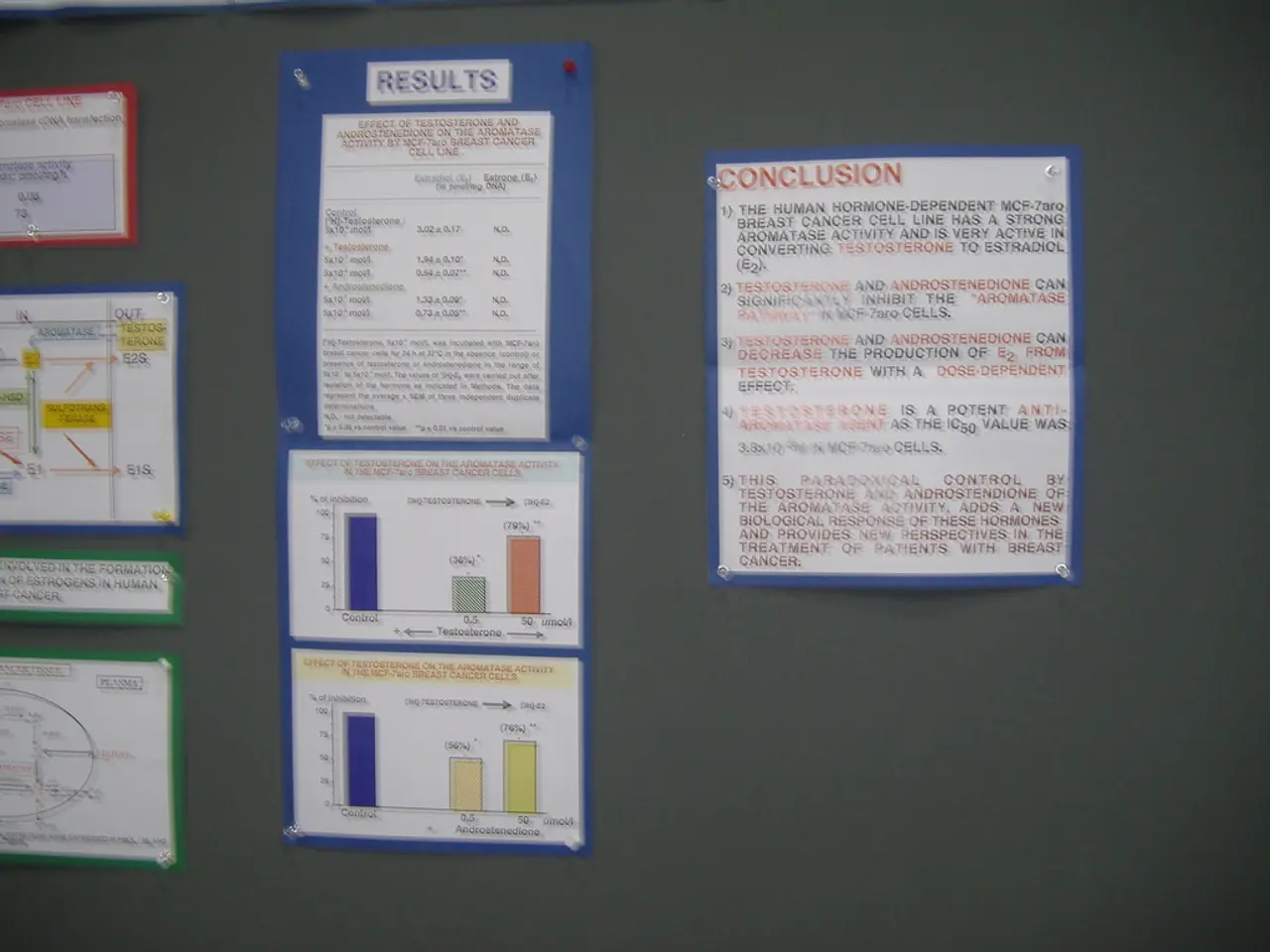Potential danger of having your income deducted due to unpaid student loan obligations
Preparing for Potential Wage Garnishment on Federal Student Loans After the Pause
As the pandemic-era pause on federal student loan payments comes to an end, borrowers face the possibility of wage garnishment for defaulted loans. Here's what you need to know to prepare for this scenario.
- Keep a close eye on your loan status: If you've missed payments since the pause ended, your loan could enter default. Regularly check your loan status on studentaid.gov to avoid any surprises.
- React promptly to garnishment notices: Upon receiving a garnishment notice, you have 30 days to request a hearing to contest it or assert financial hardship. Requesting a hearing within this window pauses garnishment until a decision is made.
- Explore your options for a hearing and objections: If you've recently been laid off, not been employed for 12 consecutive months at your current job, or have pending applications for statutory discharge (such as school closure, total disability, bankruptcy, or school refund issues), you may have grounds to contest garnishment.
- Consider alternative repayment plans: Enrolling in income-driven repayment plans or other options may help avoid default and garnishment. Remember that court injunctions have recently ended some relief programs, like the SAVE Plan, which had zero percent interest status — interest is now accruing again.
- Seek help from your representatives: Your congressional representatives may assist with constituent support or direct you to available help.
It's important to note that social security benefits can be garnished up to 15% for defaulted federal student loans, but certain benefits like Supplemental Security Income (SSI) and VA disability benefits are protected. By mid-2025, millions of borrowers entered default, risking garnishment and other collection activities, exacerbated by the end of the pandemic pause and the accumulation of unpaid interest starting again.
Another 2 million borrowers are predicted to default in September. Preparing proactively by checking your loan status, responding promptly to garnishment notices, and considering repayment plans or discharge options is crucial to minimizing financial impact post-pause. If in doubt, consult a financial advisor or legal expert specializing in student loan debt.
- Considering the potential consequences of the end of the pandemic-era pause on federal student loans, it might be beneficial to invest in education and self-development resources, such as personal-finance classes or career-development workshops, to improve your financial literacy and job prospects, thus reducing the risk of default and potential wage garnishment.
- In addition to keeping a close eye on your loan status and exploring alternative repayment plans, it could be prudent to consult with a financial advisor or career counselor who specializes in personal-finance and career-development, as they can provide tailored advice and strategies to help you navigate through this challenging financial period.




